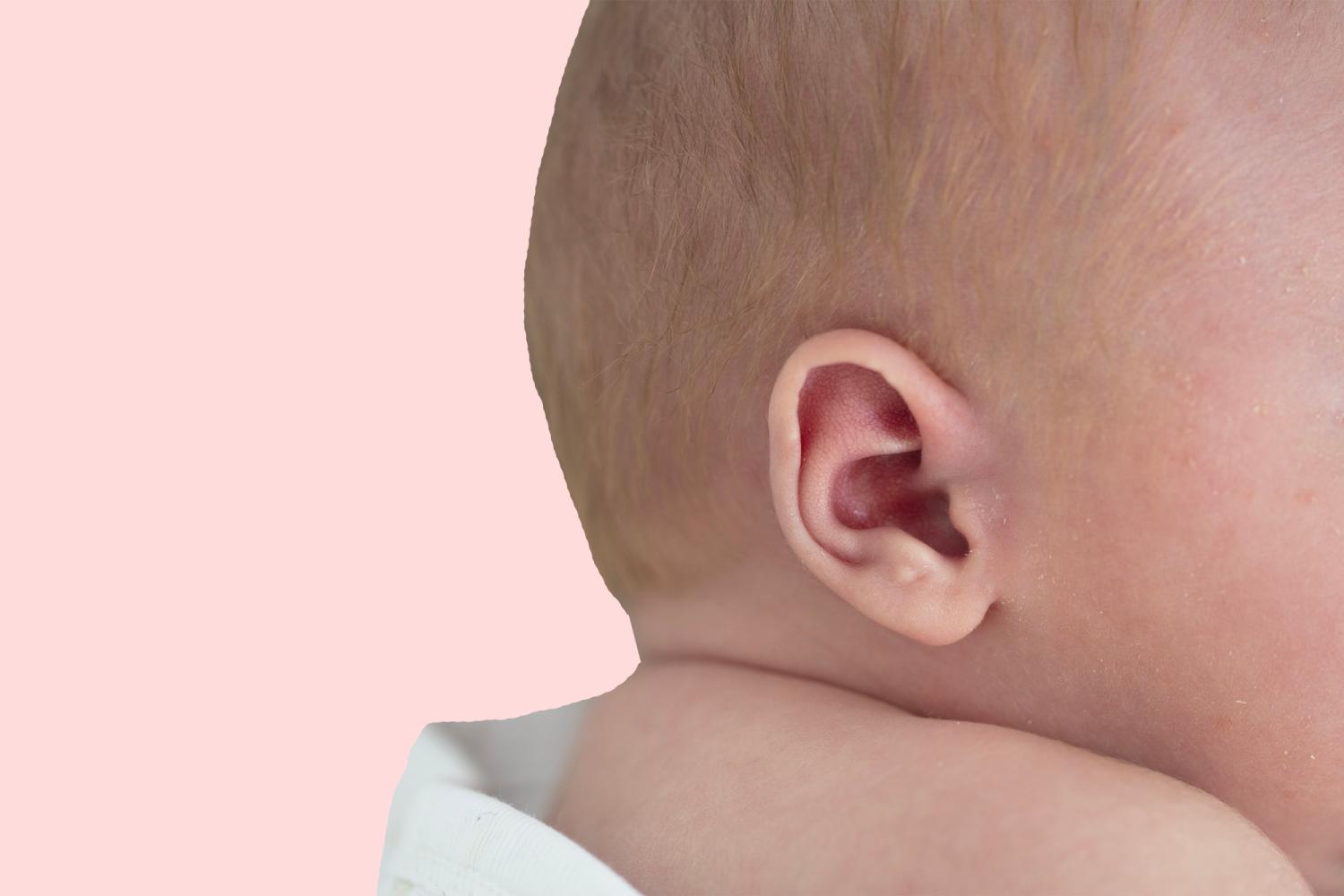Your Baby's Auditory System
Can you believe your little one is starting to hear the symphony of life around them? That's right, the second trimester is a game-changer for your baby's auditory system! Let's dive into the details:
Your baby is no longer living in a world of silence. They are tuning into the sounds of your heartbeat, the rumble of your stomach, and even the tone of your voice. 🎵 Imagine that—a prenatal playlist curated by you!
So, you might be wondering, what exactly is happening in that tiny head of theirs? Understanding the anatomy of your baby's developing ear will give you an awe-inspiring glimpse into their sensory world.
Yes, your baby's auditory system is more than just an ear; it's a complex setup designed to engage them with the world. 🌎
How Your Voice Makes a Difference
We’ve all heard stories about expectant mothers playing classical music to their bellies, but is there science to back that up? Absolutely! Your voice isn't just sound; it's an emotional anchor for your baby. The auditory experiences your baby has in the womb can actually affect their emotional and cognitive development.
So, chat away, hum a tune, or read your favorite book aloud.
You're not just entertaining yourself; you're offering your baby their first lessons in sound, emotional connection, and even language.
By understanding these facets of your baby's auditory development, you’re not only marveling at the miracle of life but also actively participating in your child’s sensory journey.
So go ahead and make some noise—your baby is all ears!

